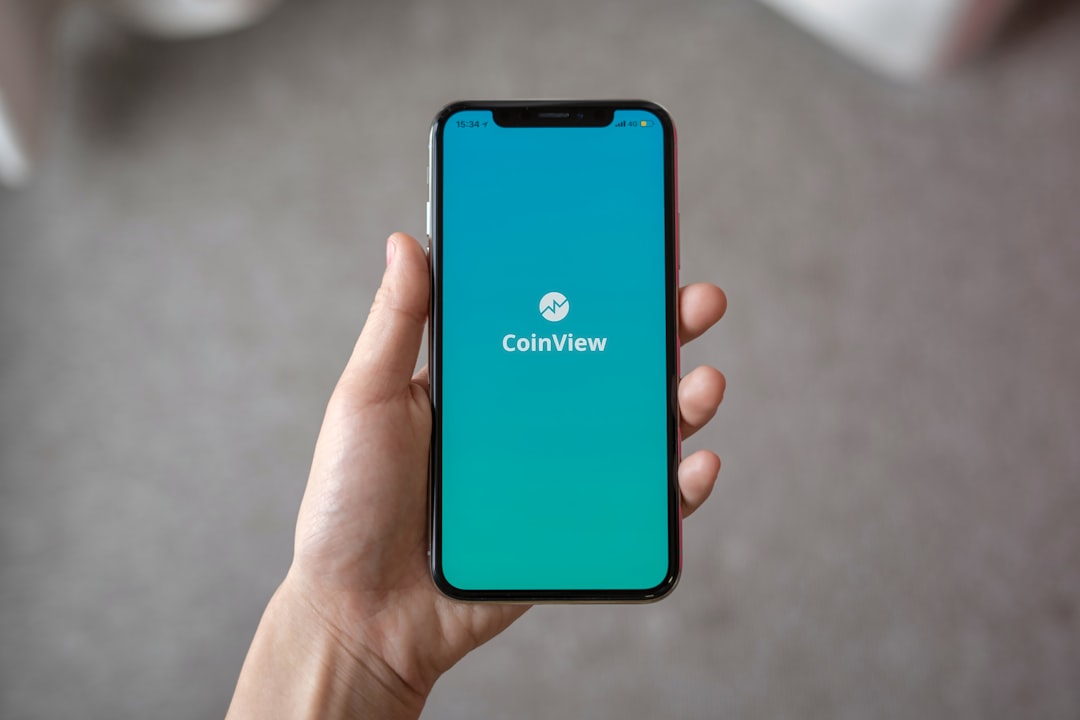In Nevada, sending unsolicited text messages (spam texts) without explicit consent is illegal. Businesses must obtain prior permission for promotional SMS and provide opt-out options. Consulting a spam texts lawyer ensures compliance with strict consumer protection laws, avoiding legal issues like fines and civil lawsuits.
“In the digital age, understanding Nevada’s restrictions on unsolicited text messages (spam texts) is paramount to protect consumers from unwanted marketing. This article delves into Nevada’s anti-spam laws, offering a comprehensive guide for both businesses and residents. We explore definitions, consumer protections, legal obligations for businesses, and potential penalties from a lawyer’s perspective. Stay informed about your rights and responsibilities in navigating Nevada’s regulations on spam texts.”
Understanding Nevada's Anti-Spam Laws

In Nevada, understanding and adhering to anti-spam laws is crucial for businesses and individuals alike, especially when it comes to unsolicited text messages. The state has implemented specific regulations to protect consumers from intrusive and unwanted messaging, often referred to as spam texts. These laws are designed to give Nevadans control over their communication preferences and privacy.
Nevada’s anti-spam legislation prohibits the sending of commercial text messages without prior consent. This means businesses or organizations seeking to engage in text message marketing must obtain explicit permission from recipients. Engaging a spam texts lawyer in Nevada can help ensure compliance with these rules, as legal experts can guide businesses on obtaining proper consent and navigating the complexities of consumer privacy laws.
Definition of Unsolicited Text Messages

Unsolicited text messages, often referred to as spam texts, are automated or bulk messages sent to individuals or groups without their prior consent or request. These messages can include advertising promotions, sales offers, or even malicious content designed to mislead or harm recipients. In Nevada, where consumer protection laws are stringent, such unsolicited communications are regulated to safeguard residents from unwanted and potentially fraudulent activities. A lawyer specializing in Nevada’s telecommunications regulations can offer valuable insights into the legal boundaries surrounding these messages.
Understanding what constitutes an unsolicited text message is key to navigating the legal landscape. In Nevada, businesses and organizations must obtain explicit consent before sending promotional or advertising texts to avoid violating consumer rights. This means that receiving a text message promoting a service or product without first opting in or agreeing to receive such communications could be considered a violation, leading to potential legal repercussions for senders.
Legal Protections for Consumers

In Nevada, consumers enjoy robust legal protections against unwanted and unsolicited text messages, often referred to as spam texts. The state’s laws are designed to safeguard individuals from intrusive messaging practices by holding businesses and senders accountable. According to Nevada’s regulations, companies and organizations must obtain explicit consent before sending promotional or advertising text messages to customers or potential clients. This means that receiving a spam text without giving prior permission can be considered a violation of these protections.
If you’re facing a deluge of unsolicited text messages from spammers, consulting a lawyer specializing in consumer rights and telecommunications law in Nevada can be beneficial. These legal experts can guide you on taking action against violators and help ensure your rights are respected. By understanding and enforcing these regulations, consumers can enjoy greater peace of mind knowing their communication channels are protected from excessive or unwanted interruptions.
What Businesses Need to Know

Many businesses send out text messages as part of their marketing strategy, but in Nevada, there are strict rules around unsolicited SMS communications to protect consumers from spam texts. These regulations can be complex, and understanding them is crucial for any business looking to comply with the law. Any text message sent for promotional purposes must include an opt-in mechanism, allowing recipients to agree to receive future messages. This means that businesses cannot send marketing texts to numbers they’ve acquired through other means without explicit consent from the user.
Additionally, Nevada’s laws stipulate that companies must provide a clear and simple way for individuals to opt out of receiving such messages at any time. Failing to adhere to these guidelines could result in legal issues, as consumers have the right to take action against businesses engaging in unsolicited text messaging or spam texts. Therefore, it’s essential for businesses to consult with a Nevada spam texts lawyer to ensure their marketing strategies are compliant and avoid potential penalties.
Enforcement and Penalties: A Lawyer's Perspective

In Nevada, the enforcement of restrictions on unsolicited text messages, often referred to as spam texts, is taken seriously by legal professionals. If a business or individual violates these regulations, they can face significant penalties. A lawyer specializing in telecommunications law explains that non-compliance may result in civil lawsuits and substantial monetary fines. The Nevada Attorney General’s Office plays a crucial role in investigating complaints and taking legal action against offenders.
From a legal standpoint, businesses must obtain explicit consent from recipients before sending mass text messages for marketing purposes. Lawyers advise companies to implement robust opt-out mechanisms to ensure customers can easily discontinue receiving such messages. By adhering to these guidelines, businesses can avoid the legal complexities and financial burdens associated with spam texts, fostering a more ethical and compliant communication environment in Nevada.






